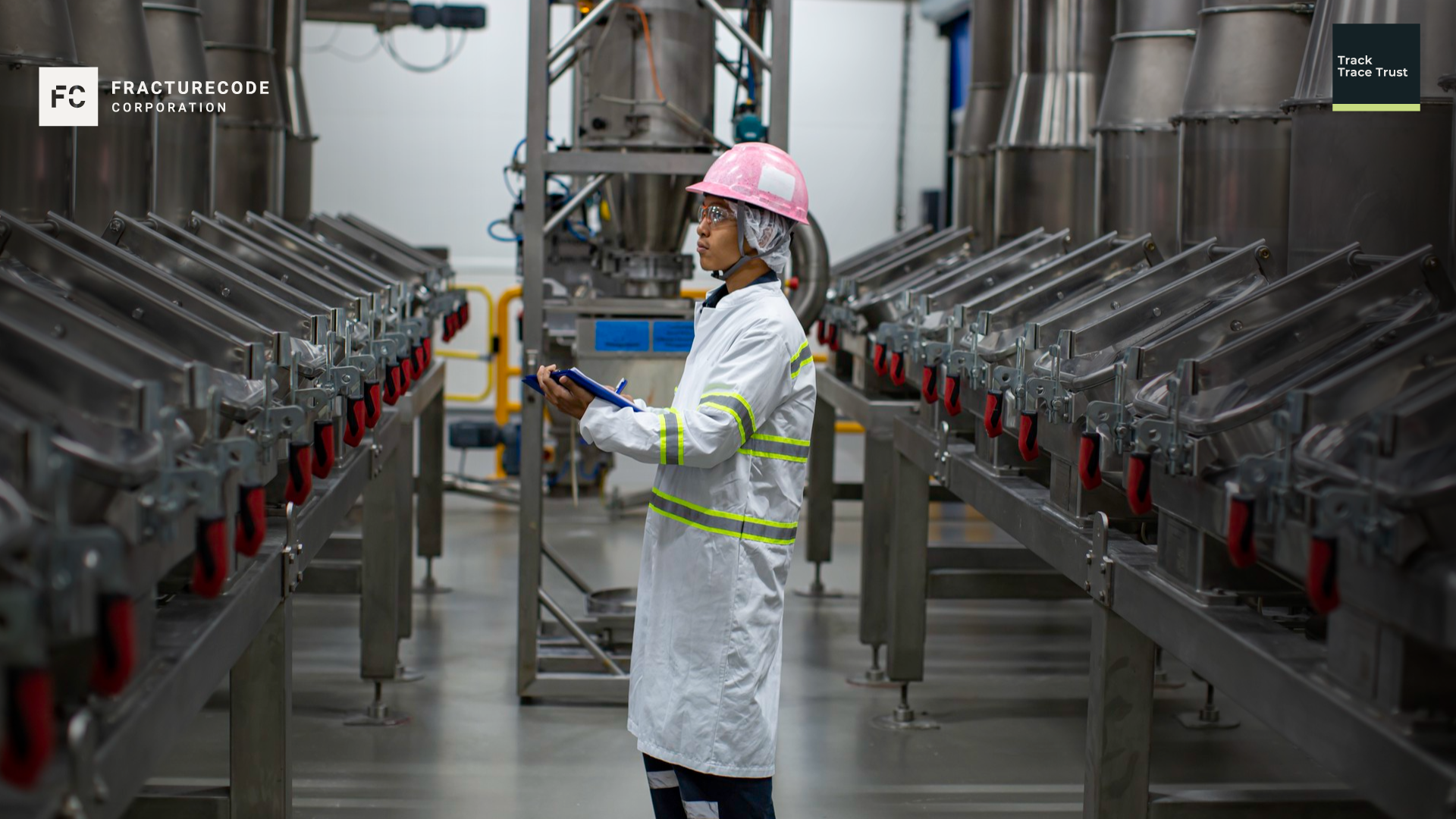
The "track and trace" market is moving fast. Every year, more industries and countries require technology-driven transparency to ensure a safer global food supply. While FSMA Rule 204 was originally set to go live this month (January 20, 2026), the deadline has officially been postponed to July 20, 2028.

The European landscape of production is undergoing its most significant transformation in decades. The EU Digital Product Passport (DPP) initiative is no longer a distant concept—it is the new reality of transparency. While many see it as a regulatory hurdle, we see it as the natural evolution of a journey we began over 20 years ago.

Developing complex solutions requires time, skill, and dedication. Scaling these systems and adapting them to address diverse challenges demands deep expertise and a thorough understanding of both processes and the problems being solved.
.jpg)
In 2024, Market Research Media reported the estimated value of the counterfeit market to be worth over USD one trillion annually – endangering public health, and costing companies millions of dollars. As governments and economic unions increasingly advocate for a more transparent market, the question arises: what does FractureCode Corporation offer?

The European Union Intellectual Property Office (EUIPO) has launched its “What’s on Your Table?” campaign to expose a hidden but growing threat: counterfeit food and beverages infiltrating Europe’s markets. At stake is not only the integrity of our favorite products, but also consumer health, public trust, and billions in economic losses.

The latest OECD report, Mapping Global Trade in Fakes 2025, reveals an alarming reality: counterfeit goods made up as much as 3.3% of global trade in 2023—equivalent to nearly USD 340 billion. Some of the most affected industries include:

The global nicotine pouch market has seen remarkable growth in recent years, driven by consumers seeking alternatives to traditional tobacco products. However, this expansion has been accompanied by a surge in counterfeit products entering supply chains worldwide. These illicit goods not only undermine legitimate businesses but also pose significant risks to consumer health and safety.

The nicotine pouches market is booming, with projections estimating it will reach $25.40 billion by 2030, growing at an impressive CAGR of 29.6% from 2025 to 2030. This surge is fueled by shifting consumer preferences, increased health awareness, and the demand for smoke-free, discreet alternatives to traditional tobacco products.